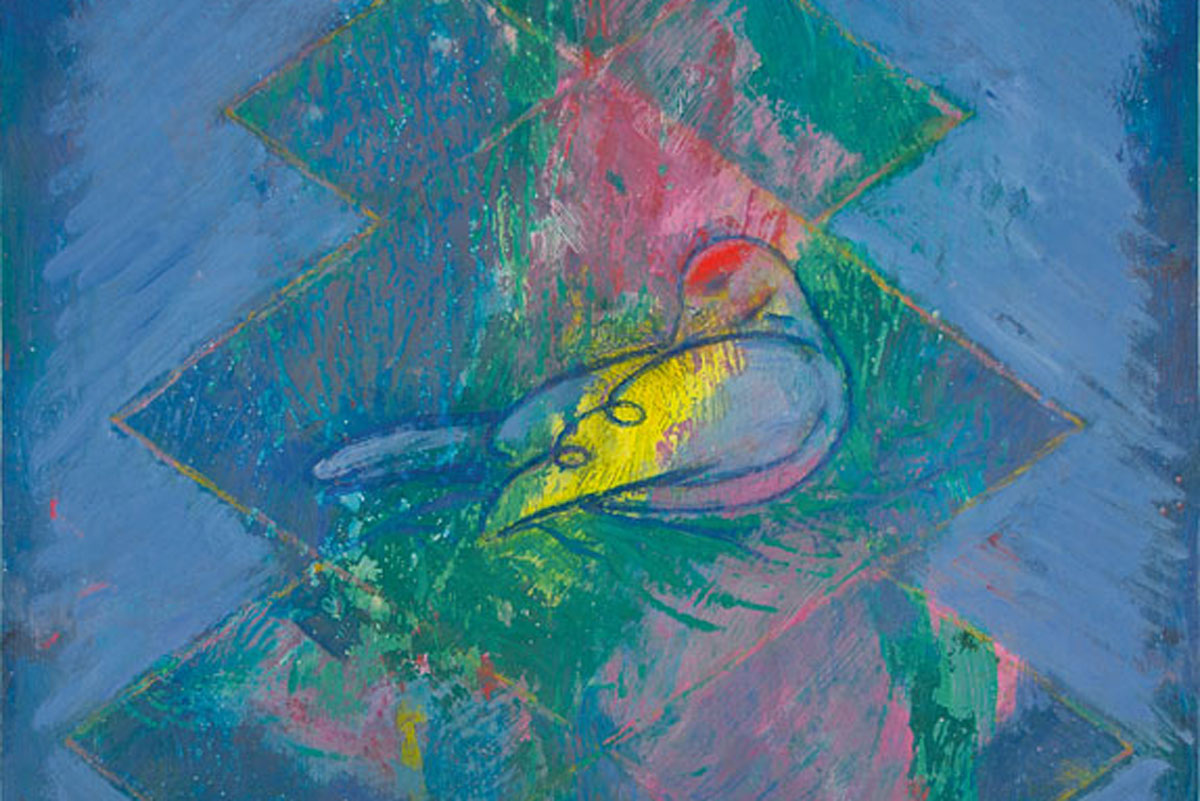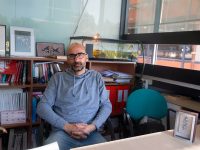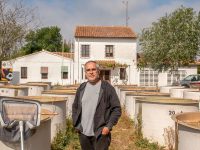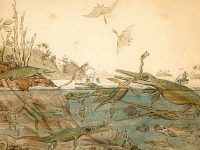
Palaeontologist Jordi Agustí compared life to a game of chess. Every game is new and at the same time it is always the same, giving rise to extraordinary biological diversity. And in this issue of Mètode, coordinated by evolutionary biologist Pau Carazo, this metaphor of the game of life takes on full significance, with profoundly striking cases in evolutionary biology studies such as, for example, the reproductive strategies of rotifers (planktonic microinvertebrates that inhabit lagoons and have a surprising resilience to environmental variability); the unexpected biodiversity that we can find in Chernobyl’s Exclusion Zone 33 years after the worst nuclear accident in history; the strategies of large or long-lived animals (or both) to avoid suffering cancer when their physiology would, in principle, lead to it; and, finally, the worrying case of the increase in bacterial resistance mechanisms, a fascinating example of evolutionary adaptation that can cost us dearly. These particular scenarios are also accompanied by an overview of the future of biodiversity on planet Earth, which seems to be quite hopeless if we do not take measures to mitigate some of the most urgent problems.
This is a captivating issue of Mètode, thanks to the extraordinary strategies living beings use to survive. And all these approaches are accompanied by the works of the artist Monjalés, one of the most important Valencian artists of his generation, a former member of the emblematic Parpalló Group, who has created these art works for the journal. In short, a diverse and passionate issue, full of suggestions, with articles dedicated to climate change or to the celebration of the fiftieth anniversary of human’s arrival to the Moon, in a journey through the impact of this satellite on literature. Our regular collaborators are also present, including new arrivals like nature photographer Roberto García-Roa and his Green focus section.





